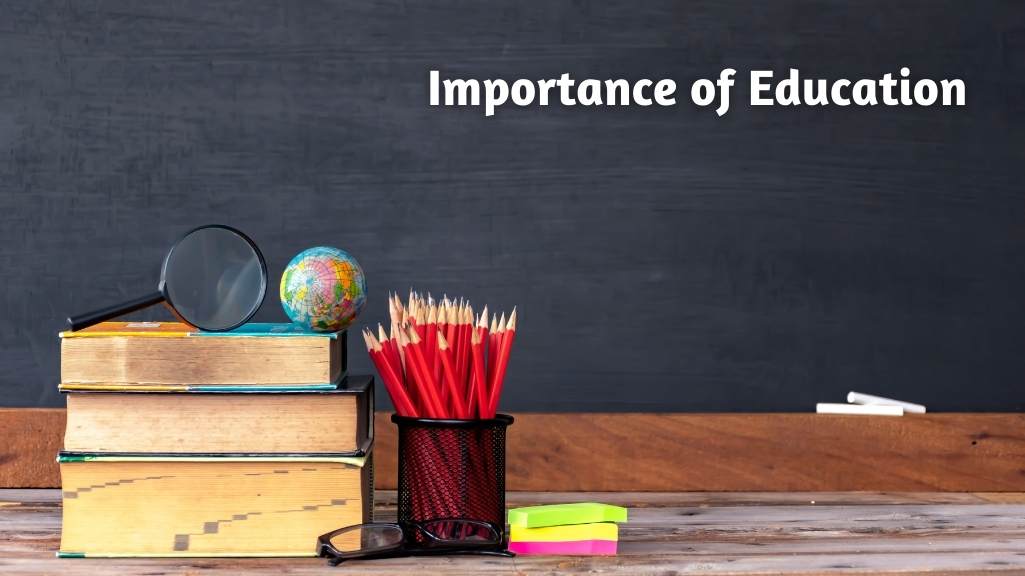The Importance of Education: Empowering Individuals & Transforming Society
Swati Mandana
. 2 min read
Education plays a fundamental role in shaping individuals, societies, and the world at large. It is a powerful tool that empowers individuals, equips them with knowledge and skills, and opens doors to opportunities. Education, with the integration of video chat, not only fosters critical thinking, enhances personal development, promotes social cohesion, and drives economic growth, but also embraces the benefits of technology to create a more connected and inclusive learning environment. In this article, we will explore the importance of education, including the transformative impact of video chat, on individuals and society.

The Importance of Education and its Far-Reaching Impact
- Empowering Individuals: Education is a key driver of personal empowerment. It provides individuals with the necessary tools to lead productive, fulfilling lives and make informed decisions. By acquiring knowledge and skills, individuals gain self-confidence, independence, and the ability to pursue their passions and aspirations. Education enables people to become active participants in their communities, fostering a sense of agency and autonomy.
- Promoting Economic Growth: Education is closely linked to economic prosperity. Nations that prioritize education and invest in their human capital tend to experience higher levels of economic growth and development. A well-educated workforce is essential for driving innovation, productivity, and competitiveness in a globalized economy. Education equips individuals with the skills demanded by the job market, reduces unemployment rates, and increases earning potential.
- Enhancing Social Mobility: Education is a powerful catalyst for social mobility, offering individuals from disadvantaged backgrounds the opportunity to break free from the cycle of poverty. It serves as an equalizer, providing a level playing field where individuals can overcome social, economic, and cultural barriers. By providing quality education to all members of society, regardless of their socioeconomic status, we can create a more equitable and inclusive society.
- Fostering Critical Thinking and Problem Solving: Education nurtures critical thinking skills, enabling individuals to analyze information, evaluate arguments, and make informed judgments. In an era of rapid technological advancements and complex global challenges, the ability to think critically and solve problems is paramount. Education equips individuals with the skills to navigate a rapidly changing world, adapt to new situations, and contribute to finding innovative solutions to societal issues.
- Promoting Social Cohesion and Tolerance: Education plays a crucial role in promoting social cohesion and fostering understanding among diverse groups of people. It instills values such as empathy, respect, and tolerance, helping individuals develop a broader perspective and appreciate different cultures, religions, and backgrounds. Education builds bridges between communities, reducing prejudice, discrimination, and social divisions, thus fostering a more harmonious and inclusive society.
Conclusion
Education is an indispensable tool for personal growth, societal progress, and global development. It empowers individuals, drives economic growth, promotes social mobility, and cultivates critical thinking skills. By investing in education, we invest in the future, creating a world where opportunities are accessible to all, and where knowledge becomes a catalyst for positive change. It is imperative that governments, institutions, and individuals prioritize education, ensuring that it is accessible, equitable, and of high quality, thereby unlocking its transformative power for generations to come.

